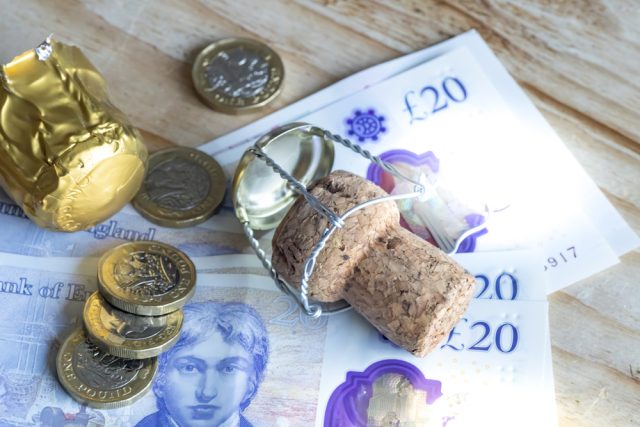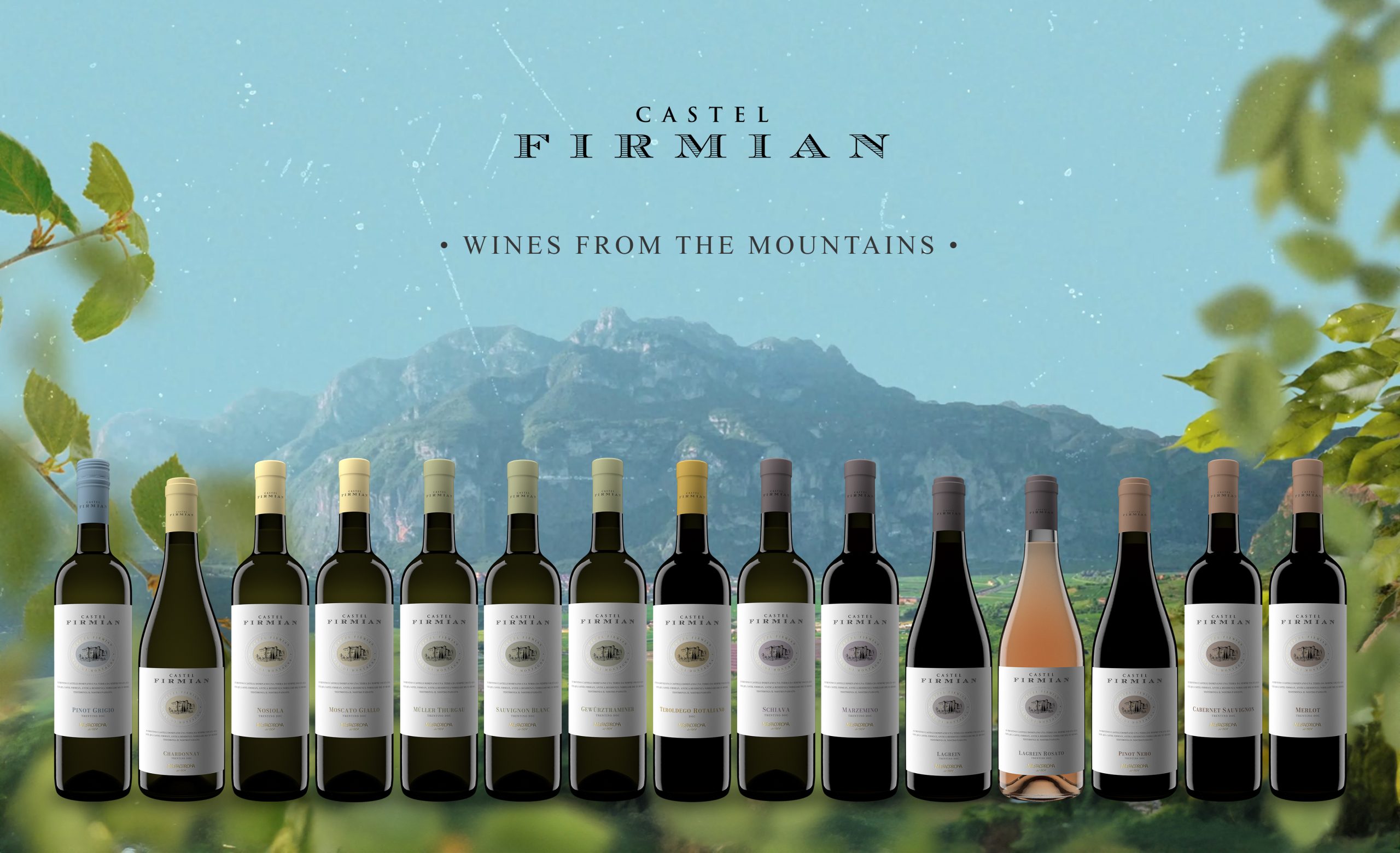Budget 2024: alcohol duty freeze offers some relief
Chancellor of the Exchequer Jeremy Hunt has delivered the Budget today (6 March) and offered some relief for struggling drinks businesses with an alcohol duty freeze.

Hunt opened his Budget statement by claiming the UK economy “despite the most challenging headwinds in economic history” was growing —in spite of two quarters of contraction — although he did admit that interest rates have remained high.
Alcohol tax
Hunt said he had “listened carefully” to MPs and the drinks industry and would now extend the alcohol duty freeze until February 2025. The freeze in duty was due to end in August but has been extended to February next year.
“We value our hospitality industry and are backing the Great British Pub”, Hunt said.
The move was welcomed by the chief executive of the Wine and Spirit Trade Association, Miles Beale, who said he was “relieved” by the move, although he said it was two announcements in two budgets for just a one year freeze.
That’s 2 announcement at 2 #Budgets – for just a one year freeze…
after the largest rises in nearly 50 years@wstauk is relieved https://t.co/tyUIuQjTmr
— Miles Beale (@WSTA_Miles) March 6, 2024
Beale said: “The wine and spirit sector will be relieved that the Chancellor has spared them a further duty hike. This will help to keep price rises down for consumers for a period. Six months ago, alcohol duty was subjected to the largest increase in almost 50 years.”
“However, the benefits of a freeze will be short lived for wine businesses who are fuming after confirmation that costly and fiendishly complex new taxation rules will come into force from 1 February 2025.”
“The announcement that the freeze will last only until February is also a source of irritation for businesses. The recent pattern of raising alcohol duty at the Spring Budget and the Autumn statement is very unsettling for the industry. We need to go back to one announcement a year to give businesses certainty.”
Disappointed
Steve Finlan, CEO, of the Wine Society, said he was “disappointed” that the government had “failed to listen to business”.
He said: “Following the disastrous increase in wine duty last year, which has resulted in hundreds of millions of lost revenue to the Treasury and placed further strain on the wine trade; to double down with the intention of introducing a ludicrous and complex process for calculating duty rates shows just how tone deaf they have become.
“It is hard to see how this new system could be made any more complicated. It is tough for a small company with a few hundred wines to sell. For The Wine Society with tens of thousands of wines stored in-bond, it is close to unworkable, yet another mountain of red tape and more costs for the consumer to bear.”
Scotch Whisky Association with chief executive Mark Kent stating it will “incentivise investment” and would boost Treasury revenue.
He said: “With cost pressures hurting our bars and pubs, not to mention hard pressed consumers, the Treasury has provided some much-needed certainty and stability for the year ahead.
“Despite this freeze, Scotch Whisky is still put at a disadvantage by the duty system, based on a fundamental misunderstanding of how people consume alcohol and modern drinking trends. With today’s freeze cider is still taxed four times less than a spirit like Scotch Whisky and responsible consumers who enjoy a Scotch are paying too much tax compared with a beer or cider.”
Stephen Russell, founder of Copper Rivet Distillery and spokesperson for the UK Spirits Alliance said the freeze was “good news” but that spirits “continue to be the highest taxed alcohol category in the UK”.
He said: “We have the highest spirits duty rate among G7 nations, despite being a national success story. We look forward to engaging with HM Treasury on how we improve this.”
VAT and on-trade
The amount businesses can earn before having to register for VAT is also now set to increase from £85,000 to £90,000, which will impact some pubs, smaller licensed premises, restaurants and breweries and drinks producers.
Partner Content
UK Hospitality chief executive Kate Nicholls said on social media that it “may help” some small independent hospitality businesses.
VAT threshold increased from £85k to £90k – may help some micro businesses or highly seasonal independents but looking at the headline rate would do more to unlock growth and investment in consumer facing sectors
— Kate Nicholls OBE (@UKHospKate) March 6, 2024
British Beer & Pub Association CEO Emma McClarkin wrote in the Evening Standard prior to today’s announcement: “Between massive business rates and VAT on pubs and previous, historic rises in beer duty, our pubs and breweries carry an unthinkable tax burden. Yet more closures are inevitable if this doesn’t change soon.”
“That’s why we’re asking the Chancellor permanently to lower the VAT rate for pubs and the punitive business rates,” McClarkin continued. “Many pubs in London are facing further increases of 6.7 per cent to their rates this April — and very few of them can afford it. We’re also backing a five per cent cut to the headline rate of duty on beer.”
Night Time Industries Association (NTIA) chair Sacha Lord had a similarly grim forecast: “Without a cut in VAT for Hospitality, The Chancellor will have ignored the fifth biggest sector. We will see an avalanche of closures and job losses. I know operators already waiting to throw their keys back if they don’t get it.”
Despite pressure from across the hospitality sector for it, no such VAT cut was announced.
UK Hospitality chief executive Nicholls responded to the news of the duty freeze on alcohol until February 2025 by suggesting that it was “good news for alcohol producers but this doesn’t directly help hospitality businesses”.
Nicholls was similarly unimpressed by a £5,000 increase in the VAT threshold after it had been frozen for seven years: “VAT threshold increased from £85k to £90k – may help some micro businesses or highly seasonal independents but looking at the headline rate would do more to unlock growth and investment in consumer facing sectors.”
Personal allowance
The big flagship announcements by Hunt was a cut to National Insurance of 2p, which the government hopes will give consumers more confidence to spend and grow the economy through a small increase in take home pay.
Hunt may see the cut as a way to give consumers an incentive to buy more goods and services, including more booze and other products, despite the higher overall costs of such a move.
Cutting the basic rate of income tax by just 1p will cost £7 billion, according to the Resolution Foundation.
As expected, there was also another freeze in fuel duty for a further 12 months — meaning it is 12 years since the last time it was raised — and which will help with the costs to drinks businesses and the supply chain.
Pressures
The news came against a backdrop of high inflationary pressures, according to ONS data for average prices in January 2024, the average price of a bottle of red wine was up 8% on last year, gin was up 6% and fortified wine was up a staggering 17%.
Despite the overall CPI inflation falling The inflation rate for alcohol and tobacco in the United Kingdom was 12.4 percent in January 2024, compared with 12.9 percent in the previous month.
The last time alcohol inflation was so high was 30 years ago in the early 1990s.
Recession
It also comes as the UK has moved into a so-called ‘technical recession’ where the economy has seen two consecutive quarters of contraction of Gross Domestic Product (GDP). The Office for National Statistics reported that UK gross domestic product shrank by 0.3% in the final three months of the year.
London-based research firm Mintel found despite the fall in national economic activity over the second half of 2023, its research showed 28% of consumers say that their finances are healthy, and 44% that they’re at least doing OK.
Rising prices mean consumers have little option but to increase their total spending, but they’re attempting to minimise the impact by cutting back on luxuries, and switching to private label or lower-cost retailers.
But people still want to treat themselves, and alcohol is one of the major categories which experiences continued spending on luxury items.
Half (49%) of adults bought premium alcoholic drinks in the 12 months to October 2023, including 42% of those describing their finances as tight/struggling, according to Mintel’s research.
Related news
UK alcohol tax revenue falls £285m despite higher duty rates
Queen Camilla gives speech at Vintners Hall
Pubs welcome business rates U-turn, but hospitality warns it doesn’t go far enough




